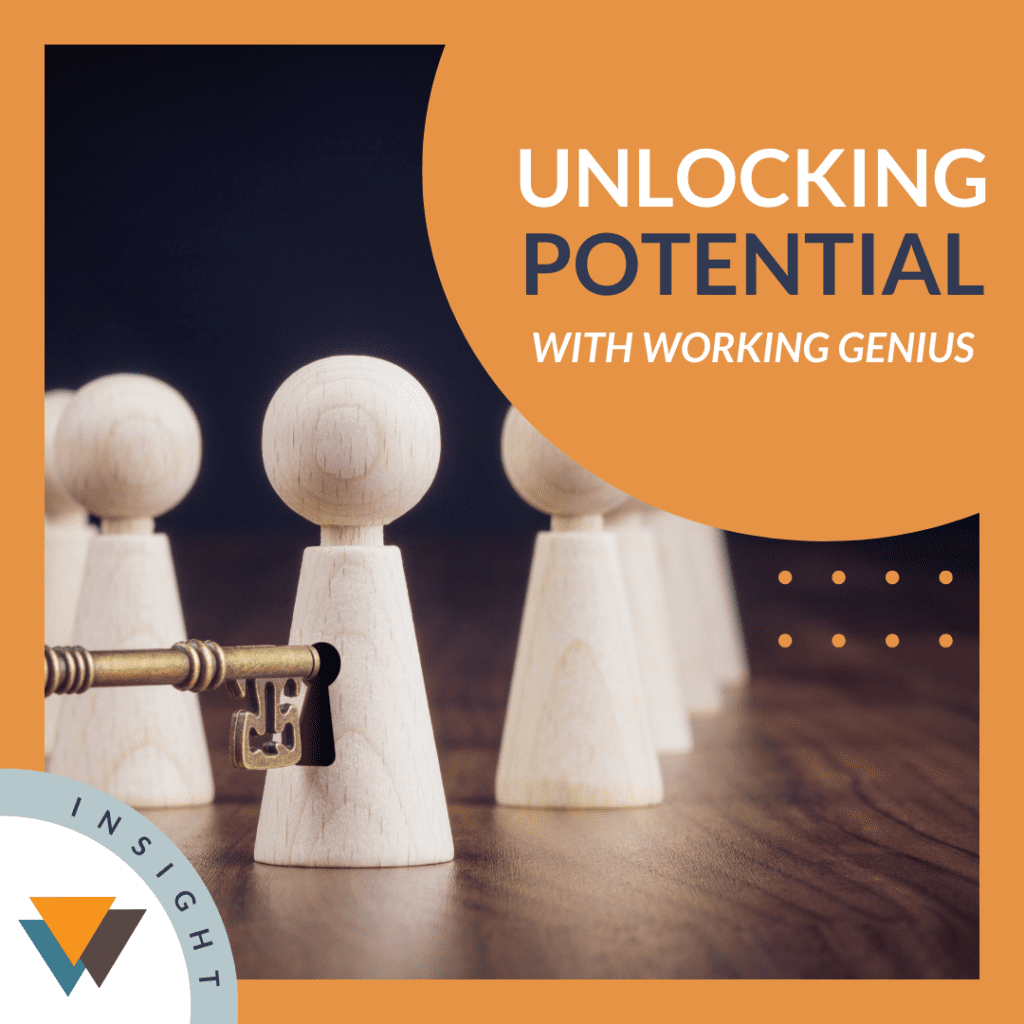
The Science of Responding Well
By John Gibson
In our last Insight, we delved into the art of responding well and introduced the equation: E + R= O. Gaining the awareness that the outcomes (O) we get in business and all of life are the results of the quality of the responses (R) that we have to the events (E) or scenarios that come our way can be the edge we need to take our teams and ourselves to greater heights. We also learned that there are four levels of awareness and practice in this, and this continuation speaks to leveraging the neuroscience happening in this process.
So, let’s look at what happens automatically in our brains. When an event occurs — a move by a competitor, a pandemic, an unexpected windstorm or windfall, a caustic email from someone in your company, etc.— our brain immediately triggers a response that we sense will make us feel best at that moment. Sadly, because of pre-existing biases, fears, memories of events that are many times negative that we associate subconsciously with the present circumstance and so forth, the reflexive response from our unconscious brain typically takes us down a road leading to outcomes that are not as good as they could be if we could reach conscious benevolence.
Two other helpful facts about the brain include:
- We are five times more likely to be triggered by things that we would subconsciously view as a threat vs. something benevolent.
- Our brains are wired to go into a reflexive response .07 seconds before it manifests outwardly. At .05 seconds, we first become conscious of our response, meaning we only have a .02 second window to choose a different reaction. We can’t control events, and the one thing we can control — our response — hangs precipitously on our ability to become aware of the forces at play and how to marshall them well.
Three tips to help us transform our subconscious, sub-quality responses into consciously benevolent reactions where everyone wins include:
- Become a student of what things inside you or your company tend to trigger you and then proactively form a strategy for handling each trigger. Self-awareness is an important skill to sharpen. When you’re aware of what your triggers are, it becomes easier to choose the best response.
- A powerful move that takes us, our team, and even a combatant from the downward spiral of an emotion-filled hijack to where the thinking part of our brains can take back over is to ask a gamechanger question such as, “what outcome would I (or we) like to have happen now?”. Have these questions at the ready.
- Take a closer look at the event itself to understand as much as you can from all angles, before forming a response. If the trigger event comes from people, be particularly adept at learning how to be empathetic.
More to come and hopefully, these tips trigger (in a good way) ideas for how you and your team can navigate all of the events that come your way with conscious benevolence leading to the very best outcomes possible.
Unlocking Potential
At DRYVE, everything we do is rooted in a simple but powerful belief: Every person has extraordinary...
Presence is a Superpower
What if the most powerful thing you bring to the table isn’t your strategy, your vision, or...
Lead From the Seat You’re In
The invitation was clear. The vision, compelling. The role, ours to take—until it wasn’t. We sat across...
Turning the Light On
She stood in awe, eyes wide, whispering Wow. Then she pulled a string—and the light disappeared. The...
Touch Someone
Fifteen minutes after I touched her, she was gone. Fifteen minutes after I touched him, he fell...
Meaningful Dialogue Changes Culture
Some organizations thrive. Others stay stuck. The difference? It often comes down to the conversations they have—or...
Are You Ready to Reset?
Leaders set clear goals, communicate expectations, and yet… engagement still falls flat. It’s frustrating when employees don’t...
Why You Should Care
Leadership isn’t just about tasks or goals—it’s about people. And people come with emotions, challenges, and stories...
What Foxes are Lurking in Your Backyard?
In a recent conversation with a leadership team, someone brought up an unexpected topic: foxes in the...
Happy Thanksgiving!
This week, we're sharing what we each are thankful for. Think about it... what are you thankful...










